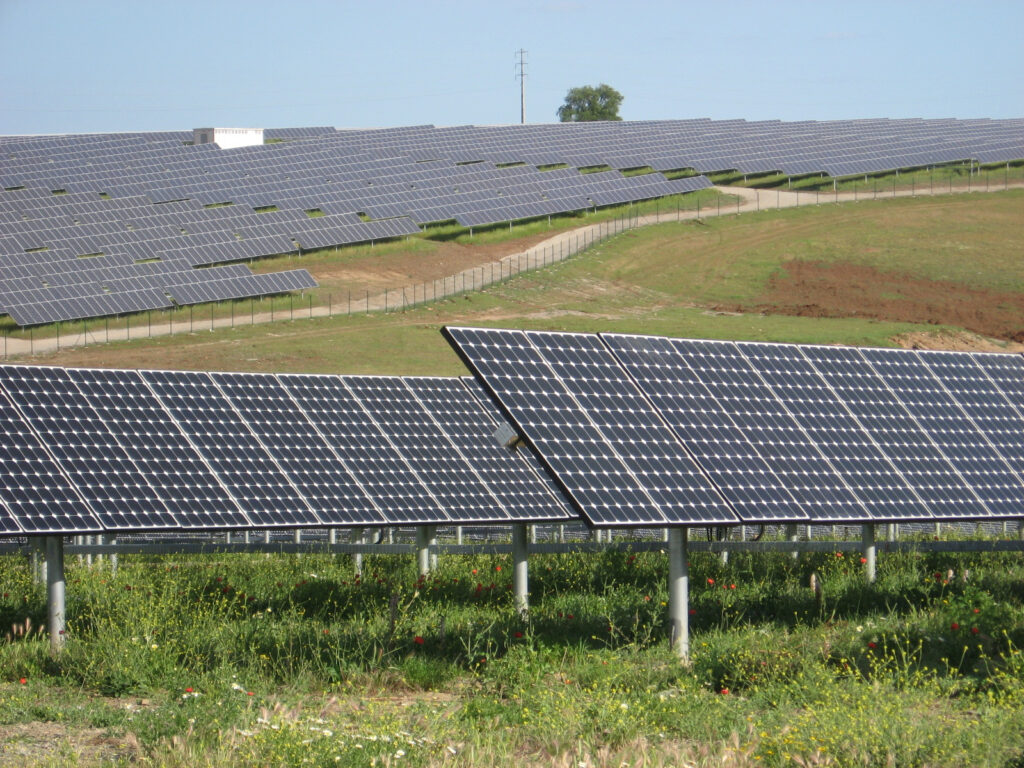CURE has championed renewable energy since the start of its Energy Program in 2005. We believe renewable energy should be accessible and affordable for all Minnesotans. This is where community solar can play a significant role – providing Minnesotans the opportunity to invest in locally owned renewable energy.
In 2013, the Minnesota Legislature enacted a bill that contained several provisions designed to promote the growth of solar energy. One of those provisions was the Minnesota Solar Garden Program, a legislative initiative designed to expand access to solar energy for communities and businesses throughout the state.
Further bolstering this opportunity, Congress voted in December to extend lucrative federal support for wind and solar. Tax credits were extended by five years for wind energy and by seven years for solar energy.
Today, solar power is booming in Minnesota and around the country, but installing rooftop solar panels isn’t an option for everyone. Community and shared solar programs have massive potential to provide clean, affordable solar energy for the nearly 50% of homes and businesses that can’t host their own solar systems.
What is Community Solar?
A community solar garden distributes electricity generated from solar systems to subscribers who purchase a given portion of its output. It allows access to solar by renters and property owners lacking sufficient capital to install their own solar systems or whose property may be shaded or otherwise unsuitable for a solar installation.
To learn more about community solar gardens, visit the Clean Energy Resource Teams (CERTS) community solar garden resource page.
Community Solar is about local ownership
CURE is located in a region of western Minnesota that was home to the development of some of the oldest and first farmer co-op elevators, rural electric cooperatives, and rural telephone cooperatives in the nation. These cooperatives were built on a strong belief in local ownership and local self-reliance. It seems the time has come to take local ownership to the next level by extending ownership of electricity generation to electricity consumers in a new way.
Community solar provides that opportunity for consumers to jointly own their electricity generation. Solar gardens are a clean, renewable, local, and to every extent possible, self-reliant benefit for the people who invest in the project.
Today, there are a number of community solar garden projects being built in Minnesota with no signs of slowing community interest. The growing popularity of community solar in Minnesota signals our clear desire for local participation in the development and ownership of our renewable energy resources.
Blog post by Sarina Otaibi, Director of Communications and Engagement


